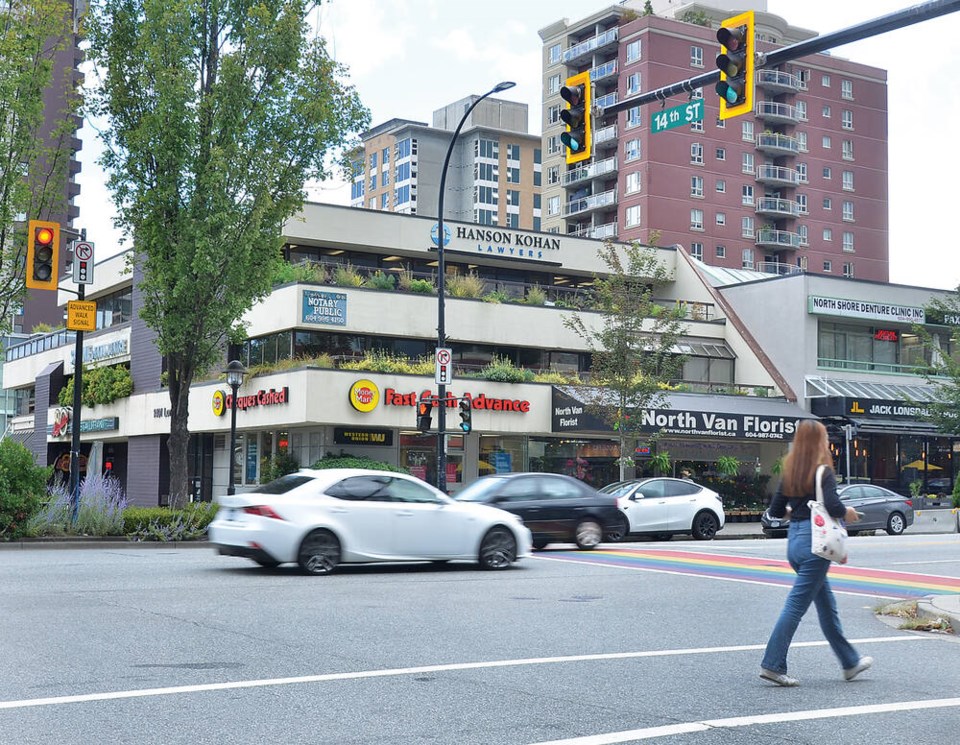Residential and commercial property owners will be sharing equally the burden of a 6.9 per cent property tax increase this year, City of North Vancouver council has decided.
Council determined last month that the increase would be necessary to cover inflation in labour costs, new programs and capital projects. The final step in the budgeting process is determining how to divvy up the tax increase over the industrial, commercial, residential and other tax bases.
In recent years, council has opted for across-the-board increases, although usually after a thorough debate on whether to shift some of the the burden off businesses and onto homes.
Over the long term, the city has a goal to make the ratio of business tax rates to residential ones at or below the median for Metro Vancouver. In 2023, the city’s ratio was 3.17, meaning the commercial tax rate was more than three times higher than the residential one. The median ratio for Metro Vancouver in 2023 was 3.10.
This year, however, CNV council opted to widen the gap to 3.20.
What that means in reality is the average assessed condo owner’s tax bill is going up by $84 in 2024, the average single-family homeowner’s is going up by $293 and the average commercial property tax bill is going up by $1,166.
The calculations do not include the increases in other fees that come with the municipal tax bill including Metro Vancouver utilities, TransLink taxes and school taxes.
North Vancouver Chamber CEO Patrick Stafford-Smith urged council to move toward a compromise and bring the business-to-residential tax ration down closer to 3.14.
“As you’re aware, many businesses in North Vancouver are suffering from many cost challenges and headwinds at the moment and need all the help they can get,” he said.
Council members acknowledged the concerns of the business community, but ultimately voted unanimously for an across-the-board tax increase in 2024.
“Even at the median ratio increasing, the city is still within a competitive range in the region,” said Coun. Angela Girard. “And opting to shift from the business class to the residential class would result in a significant property tax increase for single-family residents that I don’t believe our residents should be absorbing.”
Coun. Don Bell, who has previously argued in favour of shifting taxes from businesses to residential, said he worried how increasing the tax burden on residents would impact seniors who must get by only on government pensions.
“It’s disappointing that we can’t [shift taxes from businesses to residential], but with all things considered, this isn’t the year to do it as far as I’m concerned,” he said.
Mayor Linda Buchanan stressed that municipalities all over are working to find something balanced.
“It’s not just our table, but every council table,” she said. “We know that for businesses, it is tough. It’s been really tough since COVID, as well. But it is also tough for residents.”
Under provincial law, council must have their budget adopted by May 15.



